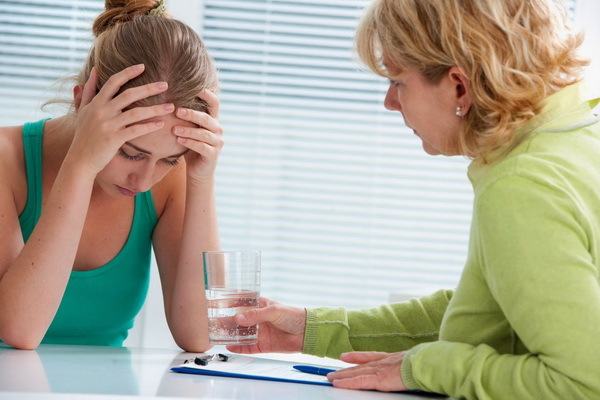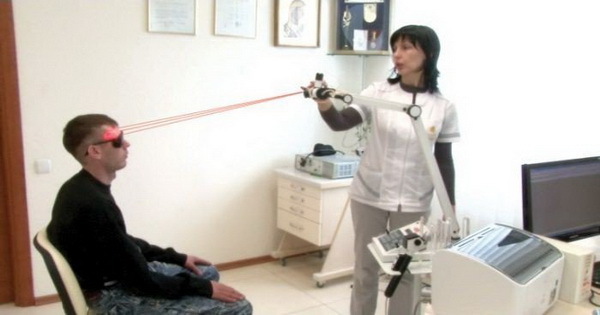Autism in children: symptoms, causes and development of the disease
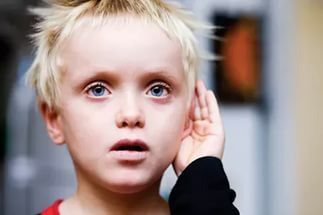
Autism is a mental disorder characterized by a disturbance of the interaction of the individual with the world around him.Most often this condition is diagnosed in childhood for a number of characteristic features, such as limited interests, capriciousness, involuntary movements, difficulties in communication, isolation.Much less often pathology is acquired already in adulthood.The study of the problem of autism deal with psychologists and physicians-psychotherapists.
Table of Contents: Causes of Autism Autism Classification Autism Symptoms How Autism Is Diagnosed Autism TreatmentAutism Causes
Recommended Reading:Note: autism is a lifelong condition.The autistic child grows into an adult patient, whose quality of life will largely depend on how successful the corrective therapy and socialization of the autist was.
The exact causes of the pathological condition under consideration have not yet been determined by the scientists, but they managed to establish that the development of certain brain structures is a biological basis of the disease.Also scientifically confirmed the fact that autism is a hereditary disease, although the genes responsible for its development are not yet defined - only the gene of predisposition to autism was revealed.
So, the main factors predisposing to the disease include:
-
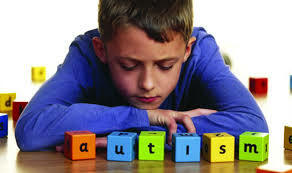 Structural disorders in the brain.The scientists managed to find out that in a number of cases the occurrence of autism is associated with changes in the structure of the frontal lobes of the cerebral cortex, the cerebellum, and also the temporal lobe.These departments regulate motor and speech activity, the function of thinking, memory, attention, as well as the emotional sphere.Functional disorders in the brain.
Structural disorders in the brain.The scientists managed to find out that in a number of cases the occurrence of autism is associated with changes in the structure of the frontal lobes of the cerebral cortex, the cerebellum, and also the temporal lobe.These departments regulate motor and speech activity, the function of thinking, memory, attention, as well as the emotional sphere.Functional disorders in the brain. - .Approximately half of patients with autism on EEG show signs characteristic of memory, speech and attention functions disorders.The degree of expression of these signs depends on the form of the disease, which can be highly functional and low-functional.
- Genetic factor.Studies prove that the probability of a child with autism is much higher in those families where there are already members with such a disease.In both identical twins, the ailment can be detected with a probability of up to 90%.Relatives of patients often have individual symptoms characteristic of autism: echolalia, obsessive behavior, mental retardation, etc.
Please note! According to statistics, the diagnosis of "autism" is put to two or four children of one hundred thousand, atypical autism( in combination with mental retardation) is registered in twenty cases out of one hundred thousand.In boys, the disease is more common.
Speaking about the causes of autism, it should be noted that the disease can occur at any age, with pathology will have a clinical picture characteristic for a certain age group.Most often, the disease is diagnosed at the age of three to five years, when the child begins to show pronounced disorders of speech function, a violation of social adaptation.
Classification of autism
Autism is classified by age( child, adolescent, adult), and several major syndromes of the disease are distinguished:
- Rett syndrome.The first signs of pathology can be seen after six months, when the child becomes passive, has underdeveloped speech skills, disorders of the musculoskeletal system.Approximately five years, these children usually begin to talk, but they continue to have mental and developmental disorders.
- Canner syndrome.It is manifested by detachment from the surrounding world, passivity, closedness, and disabilities of speech development.
- Asperger Syndrome.Among the manifestations of this syndrome is closure and refusal to communicate with peers, poorly developed gestures and facial expressions.With all this, such children, as a rule, have an excellent logical thinking.
- Atypical autism.Appears in adulthood in the presence of severe brain damage.Patients present erratic movements, speech disorders, complete detachment from the outside world, uncontrolled behavior.
All the above forms of the disease can have not only hereditary, but also acquired origin.
Symptoms of Autism
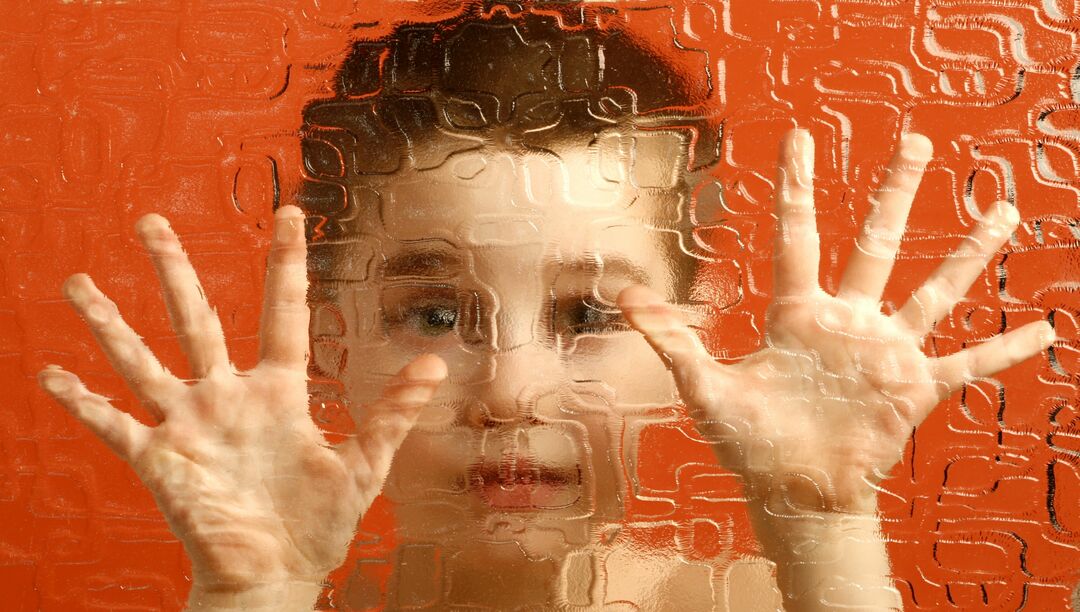
This pathology has a different symptomatology for each age, as well as some common symptoms.
Autism in early childhood up to three years can be suspected for the following abnormalities:
- impaired coordination of movements;
- lack of babbling and walking;
- lack of response to the voice of parents, appeals by name;
- reluctance to contact the mother and other family members;
- pathological attachment to one of family members, when separation from a child may cause hysterical seizures, rise in temperature, etc.;
- high sensitivity to irritating sounds;
- mechanical stereotyped movements( swaying of the trunk, waving with hands, etc.);
- ignoring toys;
- no response or, conversely, an excessive response to stress and irritant factors.
As children grow older, they retain the symptomatology described above, while other symptoms join the general clinical picture.One of the main features of patients with autism is the need for some clear system of action.So, a child can insist on walking only one route for many years, in public transport choose a strictly defined place, etc.In any attempt to change this system, the patient may exhibit aggression.
From the age of three to twelve the following symptoms of autism manifest themselves:
- resistance to any, even minor, changes;
- undeveloped imagination;
- speech disorders;
- stereotype - a tendency to monotonous, repetitive actions in behavior and speech;
- Avoidance of visual contact with the interlocutor;
- difficulty concentrating and switching between different activities;
- the desire to harm oneself( autoaggression) - children with autism often tend to pinch and bite themselves, beat their heads against the wall, etc.;
- lack of desire to communicate with peers, take part in team games;
- dyslexia - difficulty with reading;
- presence of interests not peculiar to age;
- during pubertal period epileptic seizures, aggressiveness, depressive states, anxiety are possible.
In adults, the symptoms of autism depend on the severity of its course in general.Patients also have a scarcity of vocabulary, facial expressions and gestures, non-acceptance and misunderstanding of generally accepted norms of behavior, isolation.Autists speak very loudly or, conversely, too quietly, try to avoid eye contact with the interlocutor or, on the contrary, look at it intently.Patients do not realize the peculiarities of their own behavior, do not understand the feelings of others, which leads to an almost complete impossibility of building romantic or friendly relations.There is also a fear of change.
Please note! With a mild form of autism, a person over twenty years of age with sufficiently developed intellectual abilities may well adapt socially and live separately from their parents.This is possible if the patient has been correctly corrected, allowing him to develop the necessary communication skills and self-service.
Many patients with autism have symptoms that are characteristic of attention deficit hyperactivity disorder.It is worth noting that, despite the ailment, many children and adults with autism have unique abilities for any kind of activity, often creative, for example, music, drawing, etc.Distinguishes such people and unusual sensory perception - a slight touch they can perceive as painful, and strong compression, on the contrary, can have a calming effect.
As a matter of fact, autistic people live in their own world, in which they go deeper as they grow older.They have difficulties with communication not only with peers and outsiders, but also with members of their own family.Patients with autism rarely seek help, avoid physical contact.So, if you refer to a child with a request to transfer an item, most likely, he will not give it in his hands, but he will quit.Most autistics do not tolerate embraces and other expressions of tenderness on the part of loved ones.
Approximately 75% of patients with autism are characterized by intellectual disorders - uneven mental development, mental retardation.As observations show, many autistic children have a well-developed spatial memory and perception.In the presence of Asperger syndrome, the intellectual sphere does not suffer, often the mental development of such patients even outstrips peers.
Important! Approximately half of children with autism have mild and moderate degree of mental retardation, 50% have IQ of less than 50, and one third of patients - 70. The higher the coefficient of intelligence, the easier it is for the child's social adaptation.
Intelligence disorders are irregular.Even with the proper treatment of autism, episodes of regression are possible under various stressful influences.
How Autism Is Diagnosed
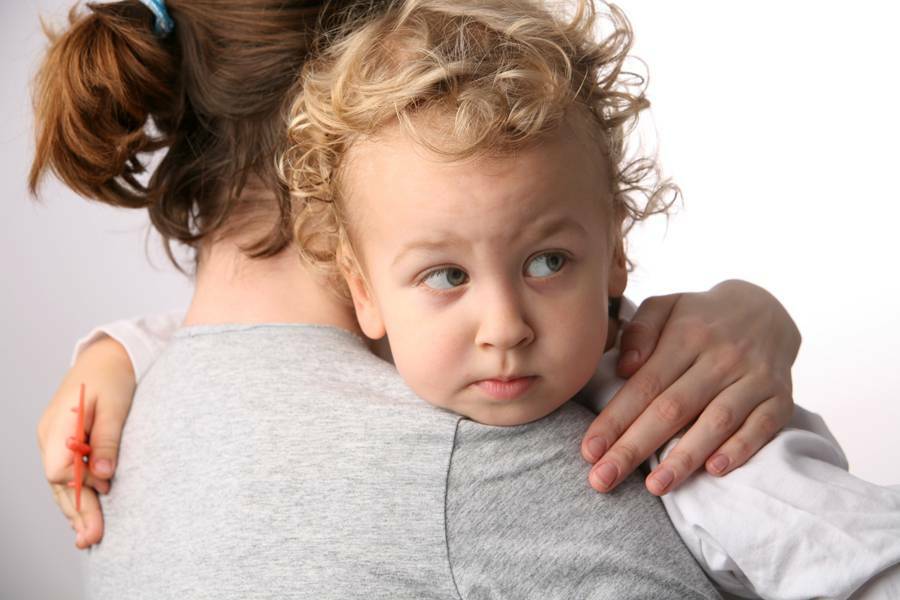
Specialists recommend that all parents consult a doctor at the first sign of autism.It is worth emphasizing that the diagnosis is not put at once, first it is necessary to observe the child, to collect a detailed anamnesis of his life and development, starting from the first months.As a rule, the diagnosis of the disease does not cause difficulties in the presence of stereotypes and avoid contact with others.
In addition to monitoring a child in society, an analysis is made of his non-verbal and verbal communication skills, behaviors, interests.At performance of tests the age factor is necessarily taken into account.
Treatment of Autism
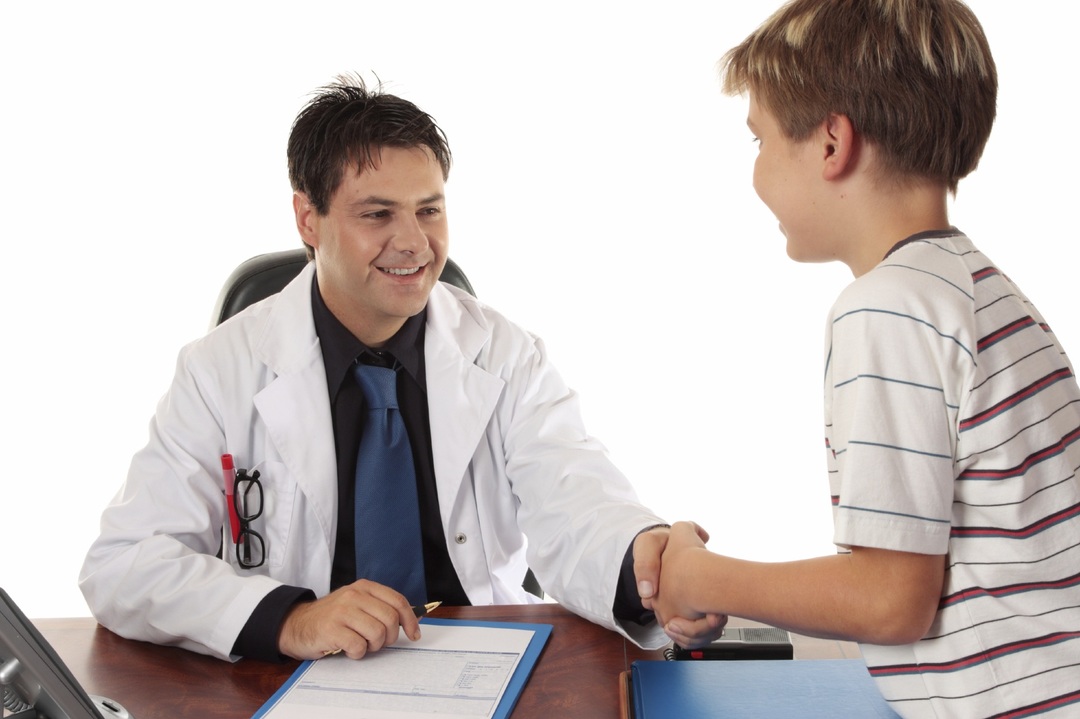 To date, there is no specific treatment for autism.With patients, a special correction is carried out, the main purpose of which is to increase the skills necessary for independent life and interaction in society.
To date, there is no specific treatment for autism.With patients, a special correction is carried out, the main purpose of which is to increase the skills necessary for independent life and interaction in society.
Most corrective programs are based on complex behavioral therapy, the intensive program of which may differ in some aspects, but it is always very well structured.Such treatment of autism involves the employment of the child in individual sessions with a therapist for 15-40 hours a week.Often, therapists work together with school teachers and parents.
Other corrective methods used in the treatment of autism include:
-
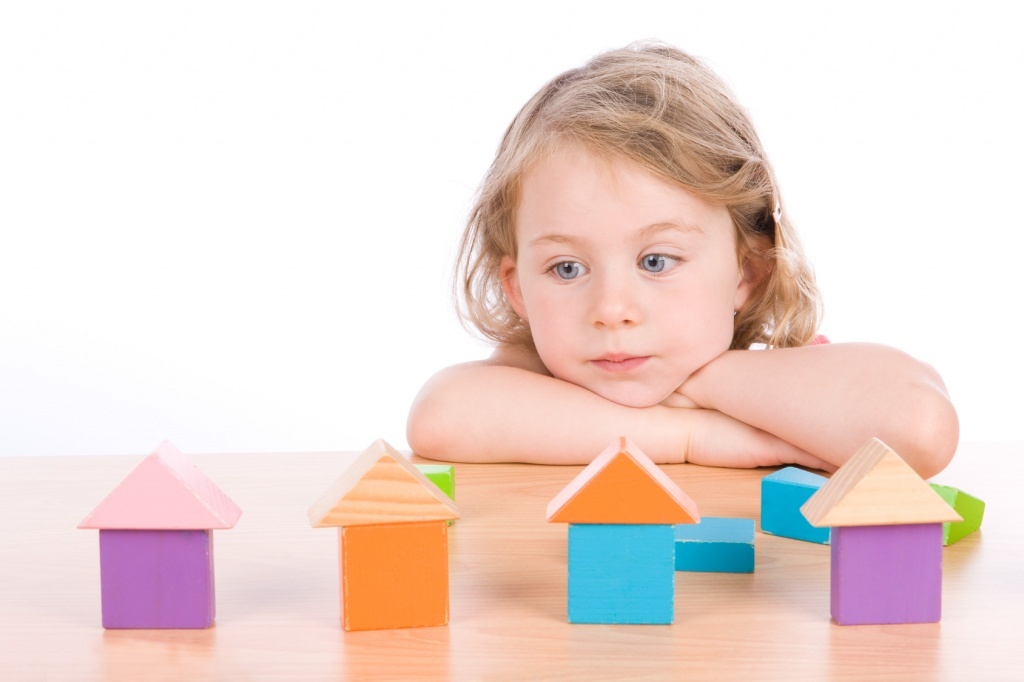 game therapy that allows to normalize the development of the emotional sphere;
game therapy that allows to normalize the development of the emotional sphere; - social stories - a method for developing communication skills, understanding the emotions and thoughts of others;
- emotional-level therapy aimed at working with the main forms of autism;
- group therapy - integrating children with autism into a healthy peer society;
- various types of estetotherapy - creative, musical, theatrical, dance;
- also has a positive impact on the development of children with autism who have contact with animals, for example, during hippotherapy or dolphin therapy.
As every child is unique, there is no single universal method for treating autism.Therapists usually use elements of several methods at their work.Correction can be performed against the background of drug therapy, which involves the use of psychotropic medications.
As for the educational aspect, the training programs for autism are selected for each patient individually, taking into account his abilities.In severe low-function forms of the disease, children are trained at home, with mild forms of autism it is perfectly permissible and even recommended to take the child to a general or specialized school.The earlier the parents managed to suspect autism and begin treatment with a specialist, the higher the chance that the child will be able to lead an independent, full-fledged life in the future.
One of the transmissions of the famous pediatrician Dr. Komarovsky is devoted to the problem of autism.We recommend viewing the video review:
Chumachenko Olga, pediatrician


